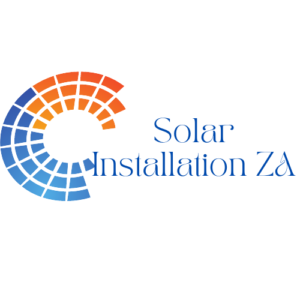Services
How do solar systems work?
Solar panels are made up of photovoltaic (PV) cells made of silicon. When the sun’s rays hit them, these cells convert sunlight into electricity. Individual cells are wired together to form a solar panel. Panels are typically three feet by five feet. They are coated in tempered glass, which allows them to withstand harsh weather.
How long does a solar array last?
Think of your solar array as a 25-year investment. Solar panels will produce electricity for at least 25 years. (See the “Do systems come with warranties?” question for information on the warranties you’ll receive with your system) Panels will continue to generate electricity after 25 years but at a decreasing rate. While microinverters will likely last for the duration of the PV system, you may need to replace central inverters after 15 years.
How do I decide how big my system should be?
The size of your optimal solar array will be influenced by many variables. Before analyzing those variables, you should understand how solar is sized and measured. The electrical capacity of solar panels is measured in watts (W). The typical solar panel is rated at 250-300 W. To get the total power (in watts) of your solar array, add together the wattages of each panel. Let’s say you had 10 300 W panels installed. The total wattage of your system would equal 3,000 W. 1,000 W is equal to 1 kilowatt (kW), so another way to describe the size of that system would be 3 kW. The average size of a solar array is 5 kW.
Will my system need maintenance?
Solar is a simple, minimum-maintenance technology. Unlike other energy technologies, solar PV contains no moving parts. This means it’s not likely your equipment will fail. You should not have to replace your panels at all during their lifetime. Wiring is the part of solar PV that most commonly requires maintenance because squirrels and other animals may tamper with it. Depending on your inverter type, you may also need to have your inverter replaced 10 to 12 years after installation. Extended warranties can cover this equipment replacement cost. Ask your installer for details.
Pricing related
How much will my solar energy system cost?
There are several factors that impact how much your solar system will cost. These include the size of your system and the equipment you use.
What factors affect system pricing?
Several factors dictate the price of your system, not just the cost of the panels themselves. Other factors include the price of the inverter, racking equipment, and engineering time as well as design and labour
What are the benefits of owning my system?
Owning a system outright means you purchase the system upfront. Owning a system means you will retain the rights to all of the system’s additional incentives. Direct ownership of a system makes sense if you are able to pay for the system upfront or are able to take out a loan.
How will solar affect my home value if I want to sell?
It’s important to make sure your home’s value includes the value of its solar installation.
Solar Installer
- Your installer will estimate how many panels can fit on your roof given its footprint and shade susceptibility to determine the ideal size of your system. If the size of your roof is limited (meaning fewer panels can be installed), installers can compensate by offering high-efficiency panels. These panels will have a higher power rating (typically 300-350 W), and therefore will produce more electricity per panel.
- Installers will also use geospatial data to determine the optimal system size for your property, as roof orientation and climate factors will affect how much electricity your system produces. The final factor that will influence the size of your solar array is your project budget. Installers work closely with clients to maximize the amount of solar they install for the customer’s budget.
- While sizing your solar array, installers will consider how much the solar electrical output will offset your electricity needs. While the power capacity of solar panels is measured in watts (or kilowatts), the amount of electricity produced by the panels is measured in watt-hours (or kilowatt-hours).
Working with us
Our professional team will ensure that your solar system installation is consistent with the local authority’s bylaws and industry high-quality standards.
What do we have to offer?
We offer the best affordable price on all your solar requirements for your system installation.
We are the best installers on the market and we offer competitive prices.

